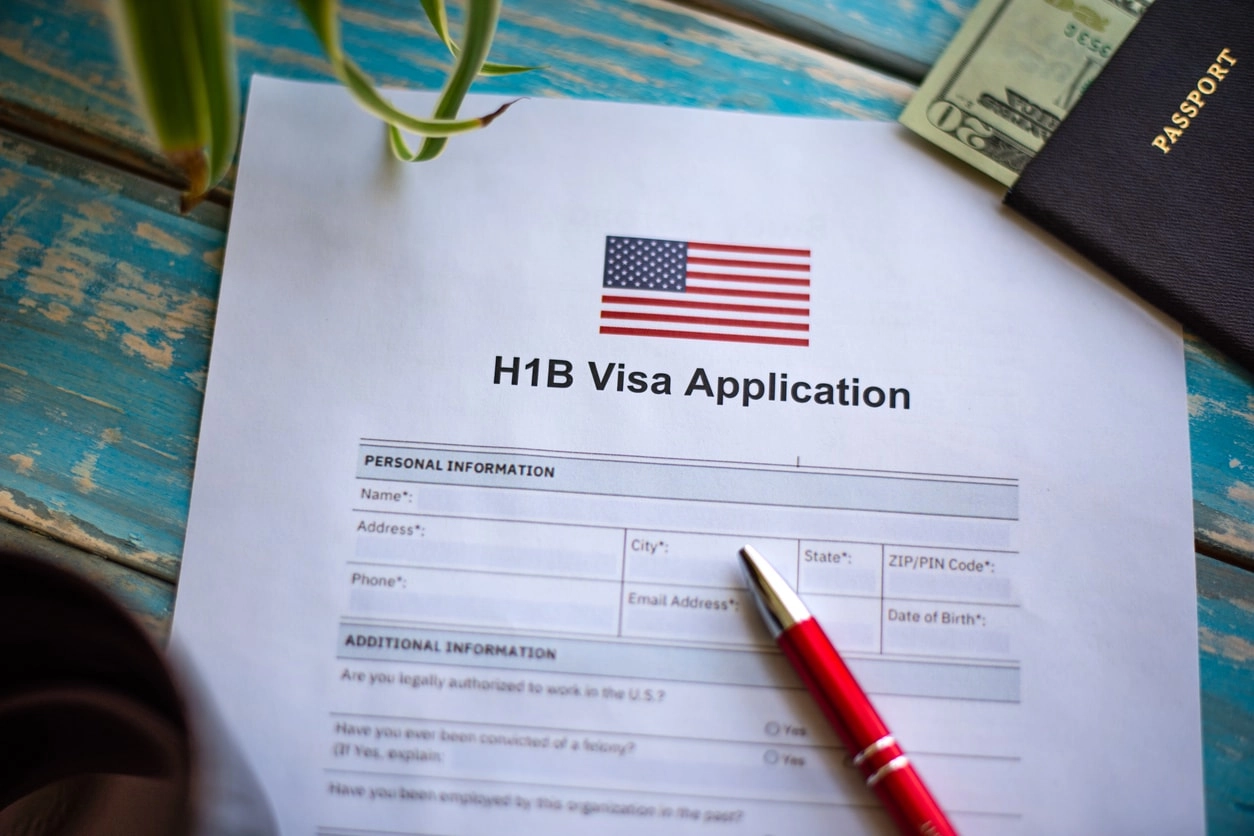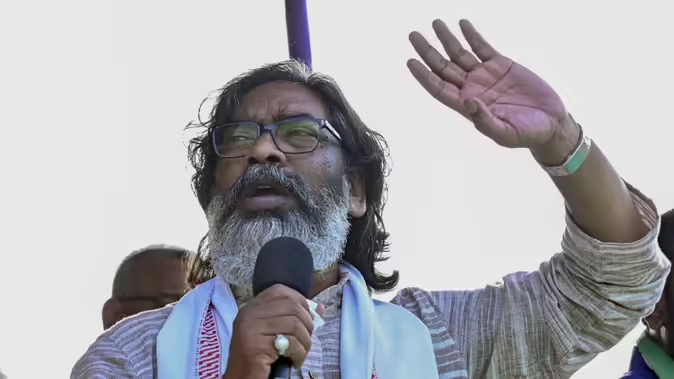In recent headlines, a significant controversy has emerged surrounding a company that secured 5,189 H-1B visas while simultaneously laying off 16,000 American employees. This situation has sparked intense discussions about immigration policies, labor markets, and the ethical implications of hiring foreign workers over domestic talent. The H-1B visa program is designed to allow U.S. companies to employ foreign workers in specialty occupations, particularly in fields like technology and engineering where there is a perceived shortage of skilled labor. However, critics argue that the program is often misused, leading to a displacement of American workers.
The U.S. government has defended the issuance of these visas, emphasizing the importance of attracting global talent to foster innovation and maintain the country’s competitive edge in various industries. Proponents of the H-1B visa program contend that it is crucial for companies to access a diverse pool of skills and expertise, which ultimately benefits the economy. They argue that many of these high-skilled positions cannot be filled by the domestic workforce alone, thereby justifying the need for foreign workers. This perspective raises questions about the balance between protecting American jobs and ensuring that companies can thrive in an increasingly globalized market.
However, the situation has ignited a debate about the responsibilities of corporations to their employees and the broader implications of prioritizing foreign labor over local talent. Critics argue that companies should not be allowed to displace thousands of American workers while simultaneously seeking to fill roles with foreign employees. This raises concerns about corporate ethics and the potential long-term impact on the labor market, as well as the livelihoods of those who may find themselves unemployed due to these practices. As the discussion continues, it is evident that the intersection of immigration policy and employment practices will remain a contentious issue, prompting calls for reforms to ensure fair treatment of both American workers and foreign talent seeking opportunities in the United States.
In conclusion, the case of the company that received over 5,000 H-1B visas while laying off thousands of American workers highlights the complex dynamics at play in the labor market. As the nation grapples with the implications of such actions, it is clear that a balanced approach is necessary—one that protects American jobs while also recognizing the value that skilled foreign workers bring to the economy. Moving forward, stakeholders from various sectors will need to engage in meaningful dialogue to address these challenges and find solutions that benefit both American workers and the industries that depend on global talent.




